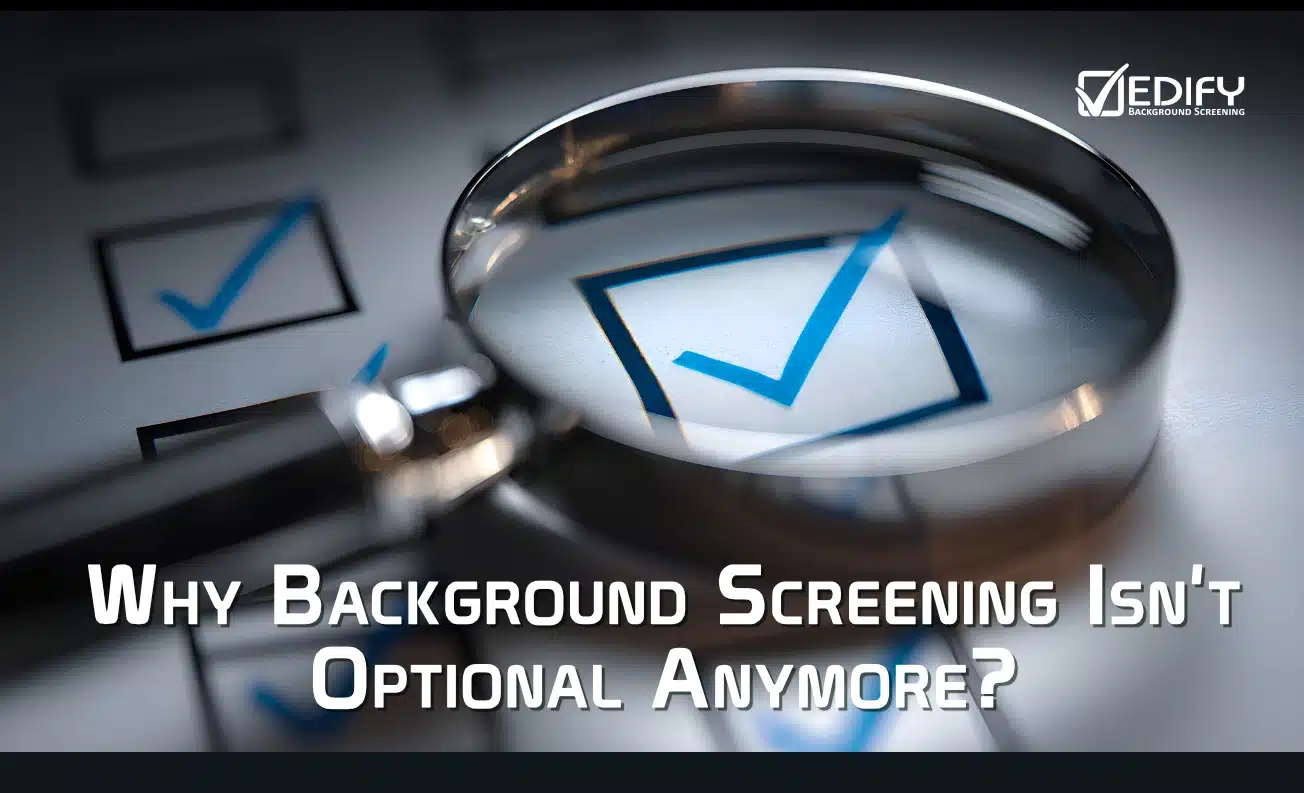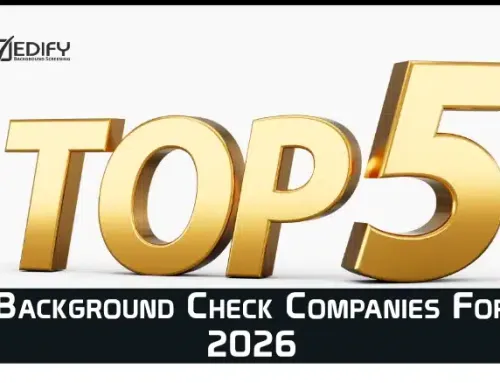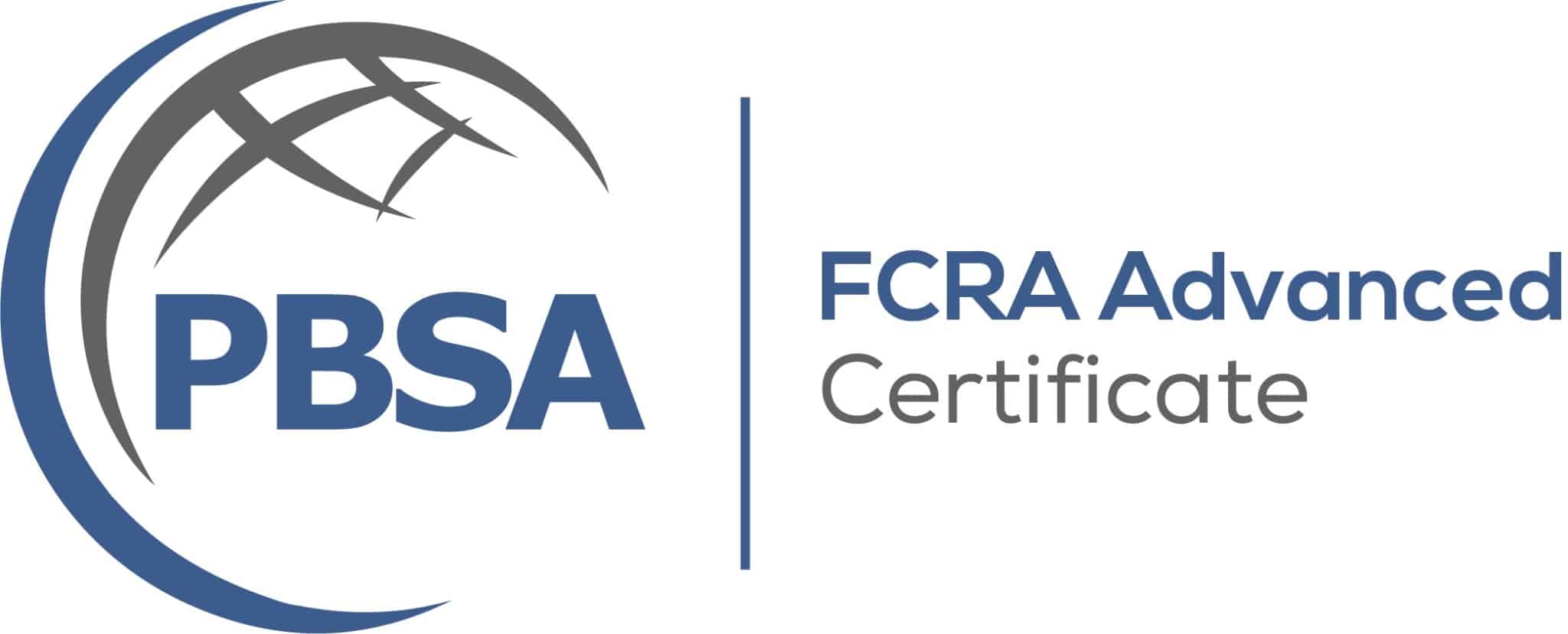Why Small Businesses Cannot Afford to Skip Background Checks
By Chas Scott, EDIFY Background Screening
Hiring has always been a big decision, but for small and mid-sized businesses (SMBs) the stakes are higher than ever. One bad hire can create costly lawsuits, reputational damage, or even lost clients. That’s why employment background checks aren’t just “nice to have.” They’re essential for protecting your business, your people, and your future.
The New Hiring Landscape for SMBs
Running lean teams means every hire counts. The pressure to move quickly is real, but skipping screening can backfire.
Remote work, contractors, and gig workers have widened the talent pool. But they’ve also widened risk. Courts now regularly side with plaintiffs in negligent hiring lawsuits, with employers losing nearly 80% of cases. For an SMB, a single judgment could be devastating.
On top of that, resume fraud is rampant:
-
55% of employers report catching lies on resumes (SHRM).
-
Diploma mills churn out fake degrees.
-
Inflated job titles and work histories are common.
-
AI-written resumes make red flags harder to catch.
This is why small business background checks help confirm the truth before you extend an offer.
How Background Checks Protect SMBs From Big Risks
Background checks aren’t about weeding people out—they’re about confirming facts and protecting everyone tied to your business.
Without proper screening, SMBs face:
-
Negligent hiring lawsuits: Settlements often top $1 million.
-
Reputation damage: One preventable incident can erode trust overnight.
-
Workplace safety risks: Employees and customers expect a safe environment.
A Texas case illustrates the stakes. A jury awarded over $1 billion after a service employee murdered a customer. The employer never verified past misconduct or falsified records. The business was held liable for failing to screen properly.
And with many liability policies now excluding employment-related claims, the financial burden often falls directly on the employer.
Compliance Pressures Are Growing
Compliance isn’t optional, even for small businesses. Every employer must follow the same core rules:
-
FCRA (Fair Credit Reporting Act): Governs how checks are run and disclosed.
-
Ban-the-Box laws: Limit when criminal history can be asked about.
-
EEOC guidance: Restricts how criminal records are used in hiring.
-
State laws: Example: California limits conviction reporting to seven years.
Laws are also changing quickly. Michigan’s Clean Slate law allows certain convictions to be automatically expunged. If you’re not aware of these updates, you could mishandle a report or violate candidate rights.
Partnering with a CRA like EDIFY helps ensure compliance—from disclosures to adverse action steps.
The Background Check Business Case: Cost vs. Value
On the surface, background checks may look like another expense. But the cost of a bad hire dwarfs the price of screening.
-
Affordable protection: Many basic criminal packages start under $30, making it affordable for almost everyone.
-
Role-based screening: Entry-level roles may only need criminal checks, while leadership positions may require verifications, credit, or federal searches.
-
Reduced turnover: Confirming fit up front saves money long term.
The bigger risk comes from bargain “instant checks.” Many rely on incomplete databases, miss critical records, or report outdated information. That shortcut can lead to lawsuits, EEOC complaints, or compliance violations.
The smarter choice is a CRA that:
-
Verifies records directly at courthouses.
-
Complies with federal and state reporting laws.
-
Provides human support throughout the process.
What To Look For in a Background Screening Partner
Not all providers are built for SMBs. The biggest players cater to enterprise clients. Cheap “instant” sites cut corners and create compliance risk.
Instead, look for:
-
Service: Real, responsive support.
-
Accuracy: Court-verified results.
-
Speed: 24–48 hour turnaround for most roles.
-
Responsiveness: Dedicated contacts, not endless ticket queues.
-
Flexibility: Packages tailored to your business.
EDIFY is designed for SMBs. We combine accuracy, compliance, and U.S.-based support so you can hire with confidence.
Conclusion
For small businesses, background checks aren’t optional—they’re survival. By building the right screening practices and working with a provider who understands SMB needs, you’ll protect your company, your people, and your future.
👉 Ready to compare options? See our background check pricing and get started today.
FAQ
How long does a background check usually take?
Most checks return in 24–48 hours, but courts or verifications can sometimes take longer.
Do SMBs have to follow the same compliance rules as large companies?
Yes. All employers using background checks must comply with FCRA, EEOC guidance, and any state or local rules.
What if a candidate disputes their background check?
The law requires a pre-adverse action process, giving candidates time to review and dispute findings.
Can background checks include drug testing?
Yes, many SMBs bundle drug testing with screening for safety-sensitive roles.
Internal Resources to Explore
-
Adverse Action Guide – What Is It, Why Does It Matter, and What You Need to Know
-
How to Create the Right Background Screening Package for Your Organization
Sources to Verify/Explore
-
EEOC – Criminal Record Guidance
-
U.S. Small Business Administration (SBA) – Small Business Resources
-
Consumer Financial Protection Bureau (CFPB) – FCRA Rights
The resources provided here are for educational purposes only and do not constitute legal advice. We advise you to consult your own counsel if you have legal questions related to your specific practices and compliance with applicable laws.














